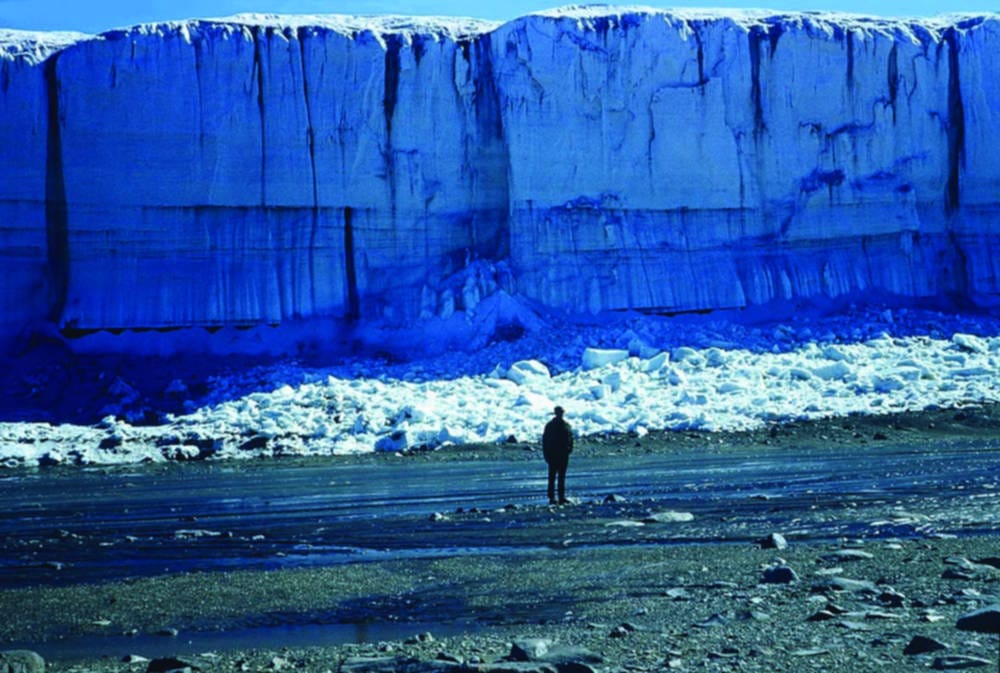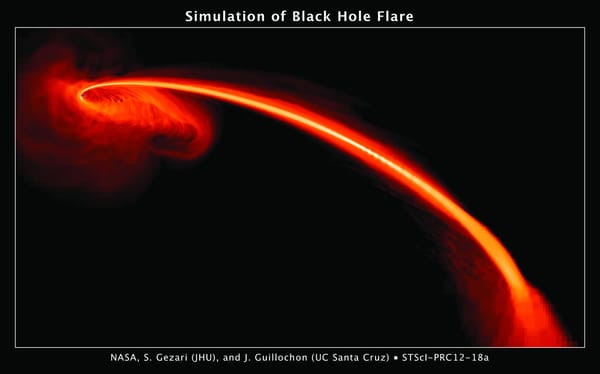Glaciers go slow, but they might not stop
Glaciers move more slowly than expected – but they're not slowing down either

A well-known consequence of global warming is rising sea levels, caused by the melting of polar ice as the Earth heats up. Now, scientists have found evidence that sea level rise this century will fall short of the expected worse case scenario. A team at the University of Washington have found glacial flow in Greenland to differ from that of previous expectations. This latest research results in two main findings: that glaciers are moving a lot slower and that this movement is not likely to slow down.
Glaciers are responsible for the transportation of ice and snow from landmasses into the sea. This, along with the direct melting of ice sheets when temperatures increase, results in rising sea levels. The glacial flows from Greenland and Antarctica alone contribute the most to rising sea levels. A staggering 250 billion tonnes of ice is pushed into the sea each year, resulting in an annual 1.5mm increase in sea levels on average. As glaciers flow, they accumulate more matter and move faster. A faster glacier will deposit more ice into the sea, increasing the water levels.
Previous studies suggested that glacial flow would increase by 100% by 2010 and eventually reach a constant speed. However, the new research estimates glacial flow is only increasing by 30%, with nothing to suggest that the speed would remain constant once this volume of shifting ice had been reached. In the largest glaciological study conducted so far, satellite data from 2000-2010 were collected from over 200 glaciers and their movement patterns.
Previous extrapolations suggested sea levels could rise by 46cm by 2100 as a worst case scenario. In light of recent research the movement of Greenland’s glaciers places this increase much lower, at barely above 9cm. This may sound like good news, but even a 30% increase in sea levels poses a threat to low-lying countries such as Bangladesh.
Such contradictory findings from glaciological studies suggest the dynamics behind glaciers are extremely complex and scientists do not fully understand them yet. In addition, the 10-year time period may be too short for any conclusion about the end of this century to be meaningful. In the meantime, more studies will have to be carried out before anyone is any closer to knowing just how consequential climate change will be during our lifetimes.








